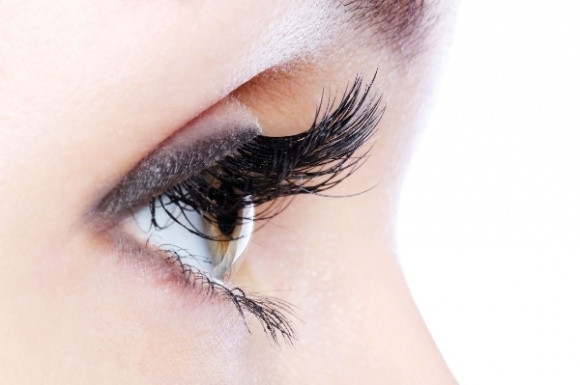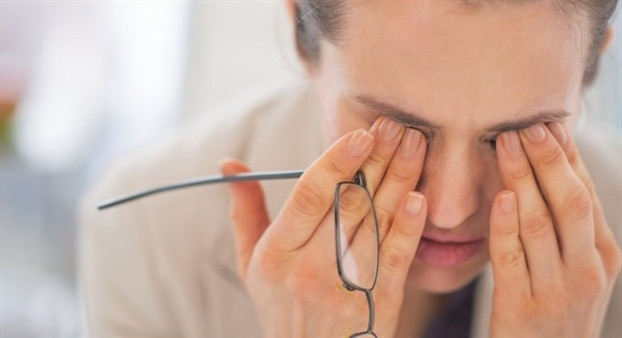Eyelid twitching: Omen or disease?
Eyelid twitching occurs unpredictably, usually in the upper eyelid. So what is the disease or bad omen when the eyelid twitches continuously?
This symptom repeats itself for a few days; then, you may not experience another seizure for weeks or even months. If the symptom does not go away after a few days, you should try to eliminate or reduce the underlying causes, the most common of which are stress, fatigue, and caffeine...
 |
Eyelid twitching(or myokymia) is an involuntary spasm of the eyelid muscles. These spasms are usually mild, but can also cause the eyelid to close completely. The spasms are painless and harmless, but can be distressing and annoying, as eyelid twitching is considered bad luck. Most spasms resolve on their own without treatment.
In rare cases, eyelid spasms can be an early warning sign of a chronic movement disorder, especially if accompanied by facial twitching or uncontrollable movements.
Causes of eyelid twitching
Eyelid twitching often occurs without any specific cause; however, the twitching may be made worse by: eye irritation, fatigue, lack of sleep, medication side effects, stress, alcohol, tobacco, or caffeine use.
 |
| Lack of sleep and stress increase the risk of eyelid twitching. |
If the uncontrolled blinking becomes chronic, it is called blepharospasm. It usually affects both eyes and can be made worse by blepharitis, eyelid inflammation, conjunctivitis, dry eyes, as well as environmental irritants (wind, sunlight, pollution).
Blepharospasm is more common in women than in men and tends to affect people over middle age. The condition tends to worsen over time, causing blurred vision, increased sensitivity to light, and facial muscle spasms.
Complications of eyelid twitching
Eyelid twitchingIt is almost always accompanied by other symptoms in some rare neurological disorders, such as facial paralysis, dystonia, which causes sudden muscle contractions, multiple sclerosis, Parkinson's disease, Tourette syndrome... Subtle corneal scratches can also cause eyelid twitching.
When to see a doctor?
You should see a doctor if your eyelid twitching persists along with any of the following symptoms: red, swollen, or unusual-appearing eyes; your upper eyelid droops or closes completely when it twitches; or the twitching begins to affect other parts of your face.
 |
| Warm compresses may help relieve eyelid twitching symptoms. |
To reduce eye twitching, you can try the following: Drink less caffeine, get enough sleep, keep your eyes moist with artificial tears or eye drops, and apply a warm towel.

